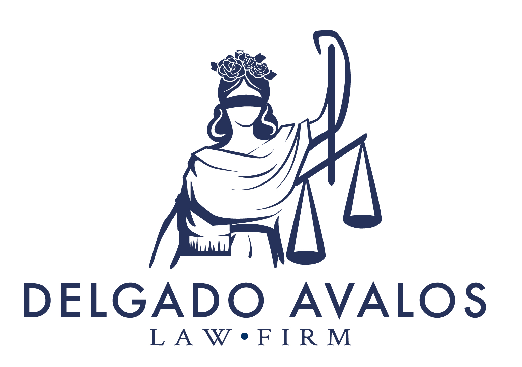VAWA Attorney Helping Domestic Violence Victims and Their Children Apply for Green Card Status
Domestic abuse is a pervasive issue affecting families worldwide, and the United States is no exception. Perpetrators employ fear, violence, and manipulation to exert control over their victims, often exploiting their immigration status to reinforce their dominance. You don’t have to endure this in silence.
Pursuing an independent Green Card application can offer you freedom from an abusive situation. At Delgado Avalos Law Firm, learn the resources available through a VAWA self-petition. Reach out to us to explore your options and how our experienced immigration attorneys can guide you through this process.
What Is the Violence Against Women Act?
Enacted by the U.S. Congress in 1994, the Violence Against Women Act (VAWA) revolutionized the landscape by offering a pathway for abused women and children to seek Green Card status in the U.S. without relying on an abusive spouse or parent for sponsorship.
Prior to VAWA, abusers could wield immigration sponsorship as a means of control, forcing victims to endure abuse to secure their status. The 2022 VAWA Reauthorization Act further strengthens and updates the support provided by VAWA, extending assistance to victims to facilitate recovery and rebuilding.
What Evidence Do I Need for a VAWA Petition?
A successful VAWA petition necessitates providing an array of documents and evidence substantiating your claims of abuse and eligibility under VAWA. Proof of being the spouse, child, or parent of the abuser and having lived in the same household is essential.
While documenting abuse can be challenging due to abusers’ efforts to conceal it, a written personal statement detailing the abuse, even without medical or law enforcement documentation, can be presented. Collaborating with an immigration attorney can ensure your statement meets the VAWA petition’s standards and adequately presents your case.
Do I Have to be Divorced or Separated to Apply for VAWA?
Applying for VAWA does not mandate divorce or separation from your spouse. VAWA’s focus is aiding spouses in abusive marriages, whether separation steps have been taken or not. Proof of the spousal relationship and cohabitation during the abuse is essential. While separation isn’t obligatory, those who are divorced must petition for a Green Card under VAWA within two years of finalizing their divorce. Additionally, VAWA can apply to victims whose spouses have died or lost legal status due to criminal convictions.
Can Children Be Included on a VAWA Petition?
Children can be included in your VAWA petition as derivative beneficiaries if they are under 21 and unmarried at the time of filing. This applies to abused spouses and children, excluding parents abused by their sons or daughters. However, practical inclusion may be challenging due to abusers’ obstruction. Consult an immigration attorney before commencing the process if concerns arise about adding your children to the petition.
What Happens If My VAWA Petition Is Denied?
If your VAWA petition is denied, consult an immigration attorney immediately to understand the denial’s rationale and explore alternative options. Sometimes, denials result from minor form errors or omitted documents. Should your safety be at risk post-denial, various resources could be available to you.
How Can I Stay Safe While I’m Waiting for My VAWA Petition to Be Approved?
Leaving an abusive relationship can be extremely difficult. While waiting for your VAWA petition to be reviewed, it’s crucial to prioritize your safety. An immigration attorney can connect you with local resources such as the National Domestic Violence Hotline and National Coalition Against Domestic Violence, ensuring you have support while navigating this critical phase.
If your immigration status has been manipulated to maintain control, the Violence Against Women Act could offer a path to freedom. Contact our law office at 805-793-0647 to consult a member of our legal team who can help you assess your eligibility and guide you in accessing VAWA protections. Schedule an appointment today with our experienced immigration attorney.

 Call Us Now
Call Us Now Email Us Now
Email Us Now


